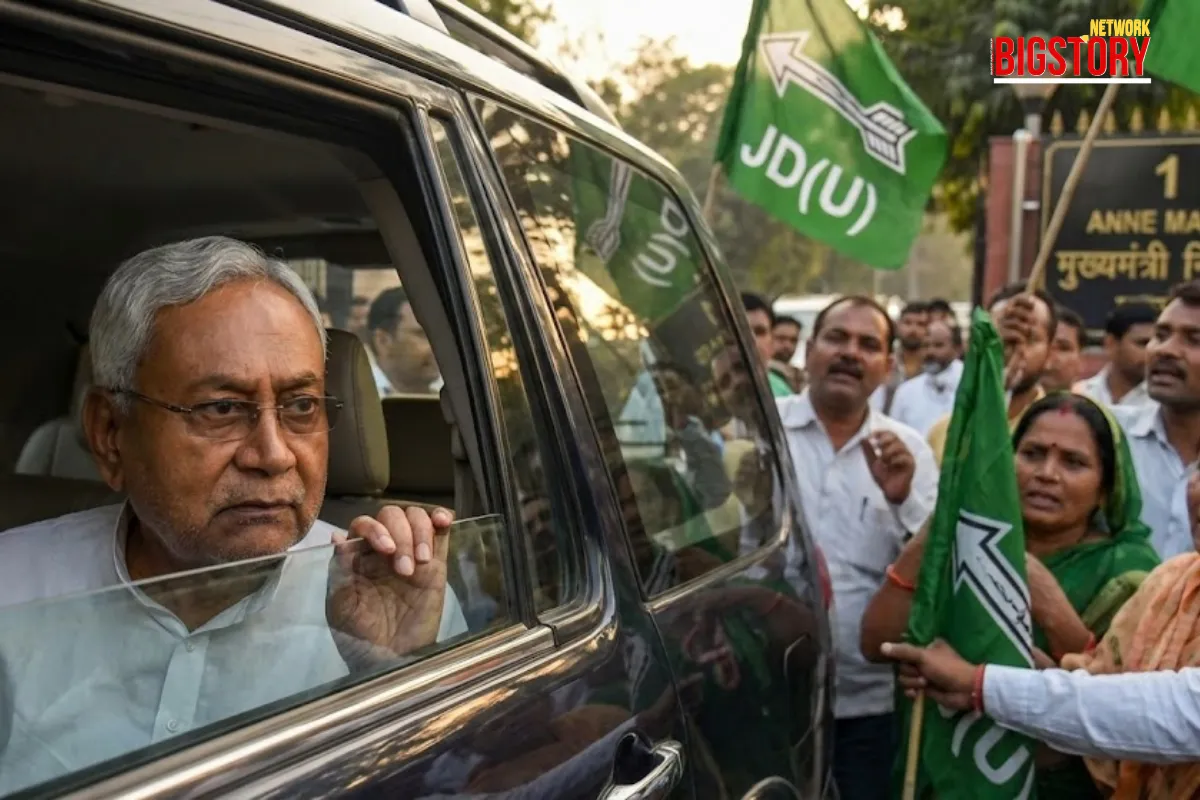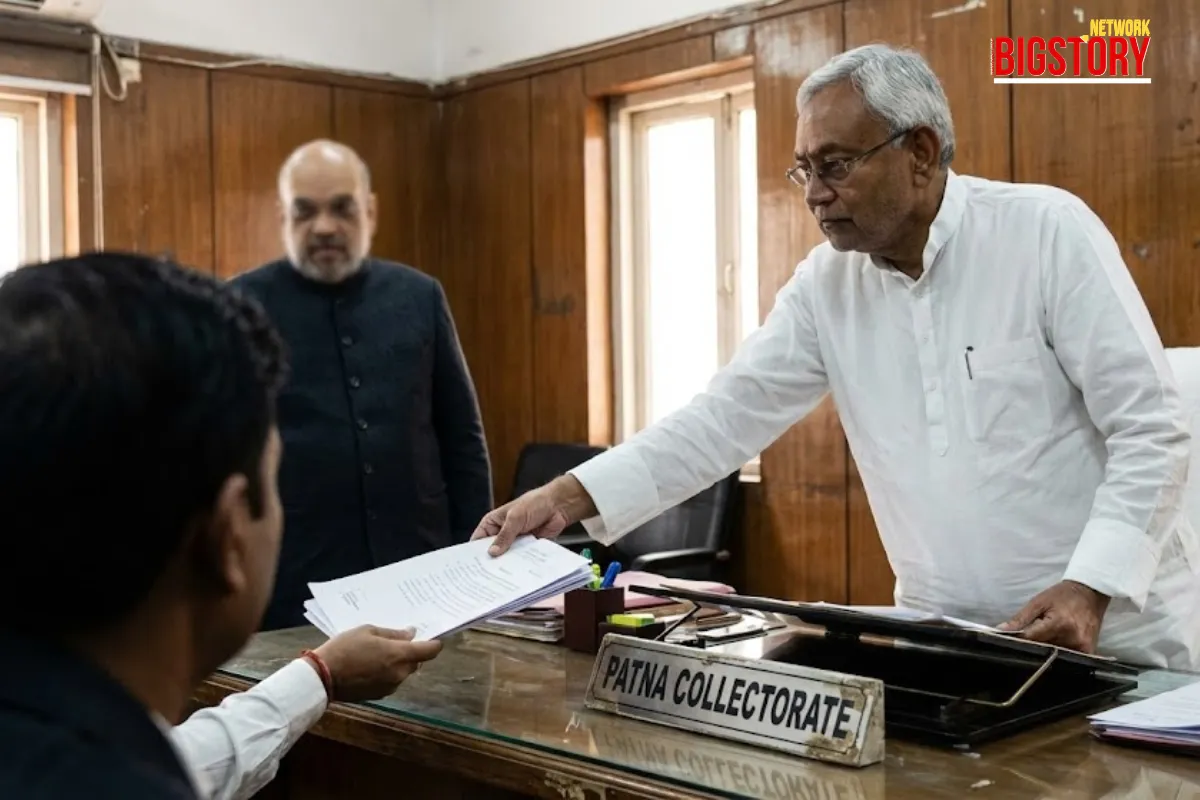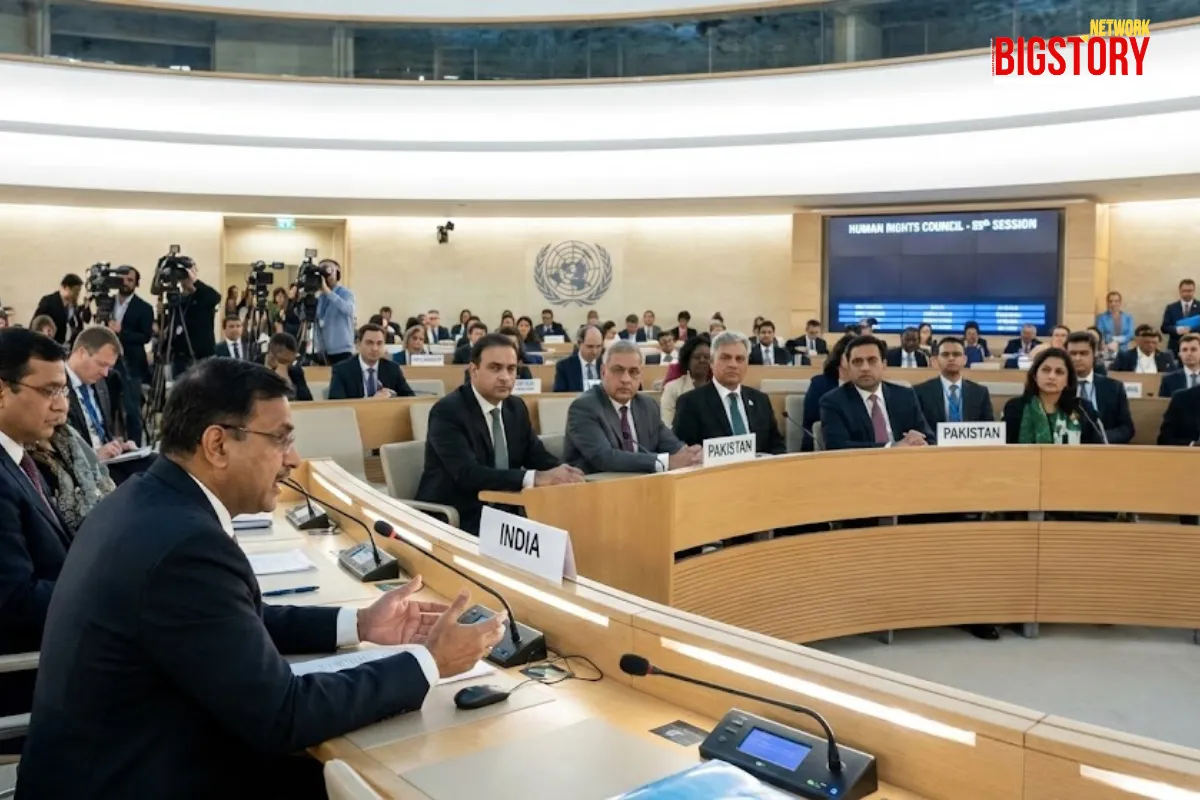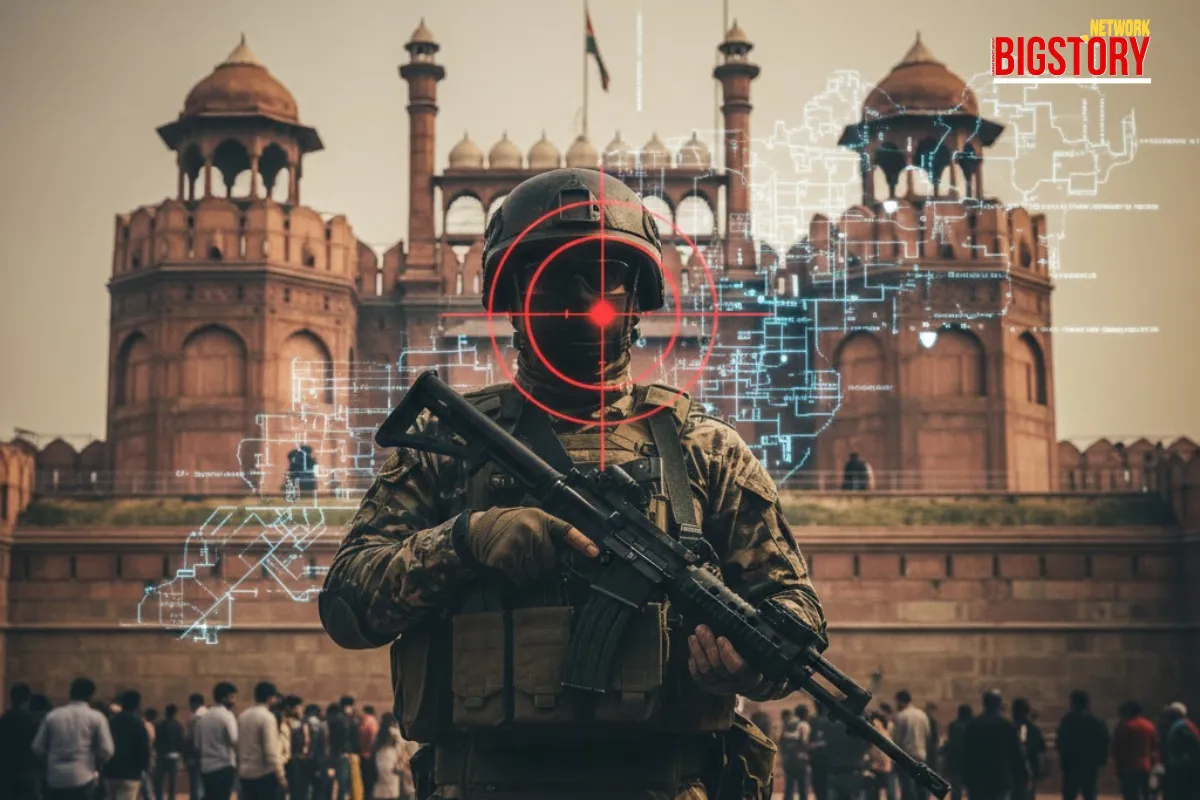Sonia Gandhi writes to Haryana IPS officer’s wife, flags caste bias in civil services. Nationwide outrage grows as family demands justice after officer’s suicide.
 Brajesh Mishra
Brajesh Mishra

In a development that has ignited a nationwide debate on caste discrimination within India’s top administrative services, Congress Parliamentary Party Chairperson Sonia Gandhi has written a heartfelt condolence letter to Amneet P. Kumar, the wife of senior Haryana IPS officer Y Puran Kumar, who allegedly died by suicide on October 7, 2025, at his residence in Chandigarh.
The incident has quickly escalated from a personal tragedy into a national flashpoint — exposing uncomfortable truths about caste-based prejudice within the Indian bureaucracy and sparking intense political, social, and legal debates.
In her letter, Sonia Gandhi expressed “shock and deep sadness” over the officer’s death, offering solidarity to the bereaved family and making a pointed remark about caste bias in public institutions.
“The passing of Y Puran Kumar is a reminder to us that even today, the prejudiced and biased attitude of those in power deprives even the most senior officials of social justice. I and millions of people of the country stand with you on this path to justice,” Gandhi wrote.
Her statement has since gone viral across social media platforms and mainstream media, drawing both praise and criticism for its direct acknowledgment of caste discrimination within India’s administrative ranks.
Y Puran Kumar, 52, was a senior IPS officer known for his work in law enforcement and social outreach. According to reports, he left behind a detailed suicide note spanning several pages, naming multiple senior IAS and IPS officers.
The note allegedly described years of caste-based harassment and humiliation within the administrative ecosystem. His wife, Amneet P. Kumar — herself a senior IAS officer, has refused to conduct the last rites of her husband until all the named officials are suspended and arrested.
The case has triggered an avalanche of public anger, with many calling it a “national shame.”
Congress leaders including Mallikarjun Kharge and Rahul Gandhi have strongly condemned the circumstances leading to the officer’s death, accusing the government of failing to address caste-based harassment in elite services.
Haryana Chief Minister Nayab Singh Saini visited the family personally, offering condolences and promising an “impartial and swift investigation.”
BSP leader Mayawati termed the incident a “national failure,” demanding strong legal action and structural reforms to end caste bias in the civil services.
Several Dalit rights groups and civil society organizations have rallied behind Amneet Kumar’s demand for justice. Candlelight marches, social media campaigns, and petitions have gained traction in multiple states.
On platforms like X (formerly Twitter), hashtags such as #JusticeForPuranKumar, #EndCasteBias, and #AccountabilityNow have trended for over 48 hours, amplifying calls for systemic reform and accountability of top officials.
The case has shed light on a sensitive and under-discussed issue: discrimination within elite administrative services like IAS and IPS. Despite decades of affirmative action policies, reports of subtle and overt caste-based bias continue to emerge from within these institutions.
Legal experts have called for:
International human rights observers and Dalit rights advocacy groups have also taken note of the incident. Organizations based in the US, UK, and Canada have flagged this case as emblematic of India’s persistent caste-related challenges, especially among underrepresented groups in high office.
The Haryana government is under mounting pressure to act decisively. National media continues to spotlight the family’s refusal to perform the last rites, a powerful symbol of defiance that could force policy-level changes.
Political analysts believe this case may become a turning point in how caste discrimination is addressed within India’s administrative machinery. It also raises urgent questions about institutional accountability, mental health, and representation.






Sign up for the Daily newsletter to get your biggest stories, handpicked for you each day.
 Trending Now! in last 24hrs
Trending Now! in last 24hrs



